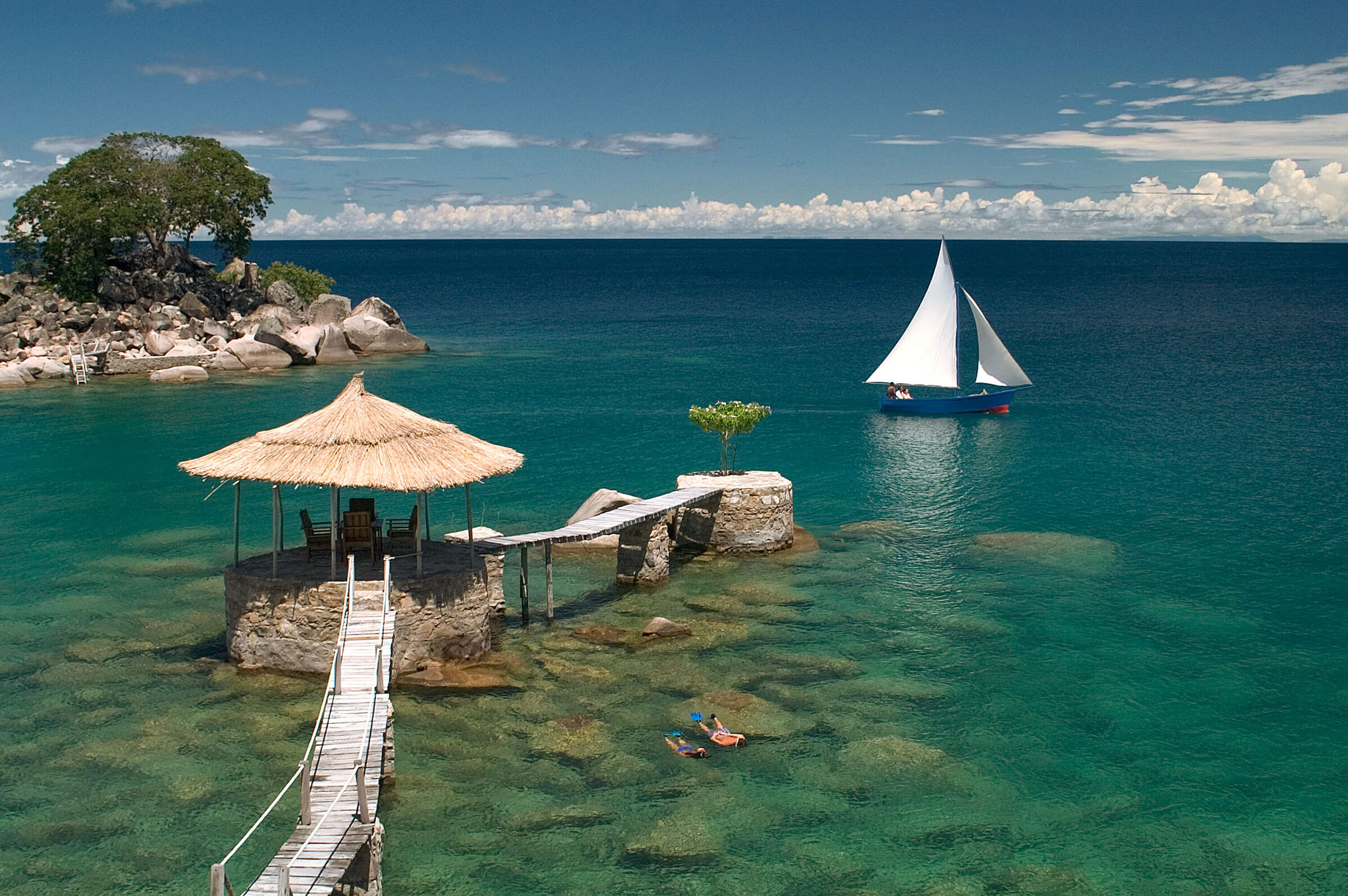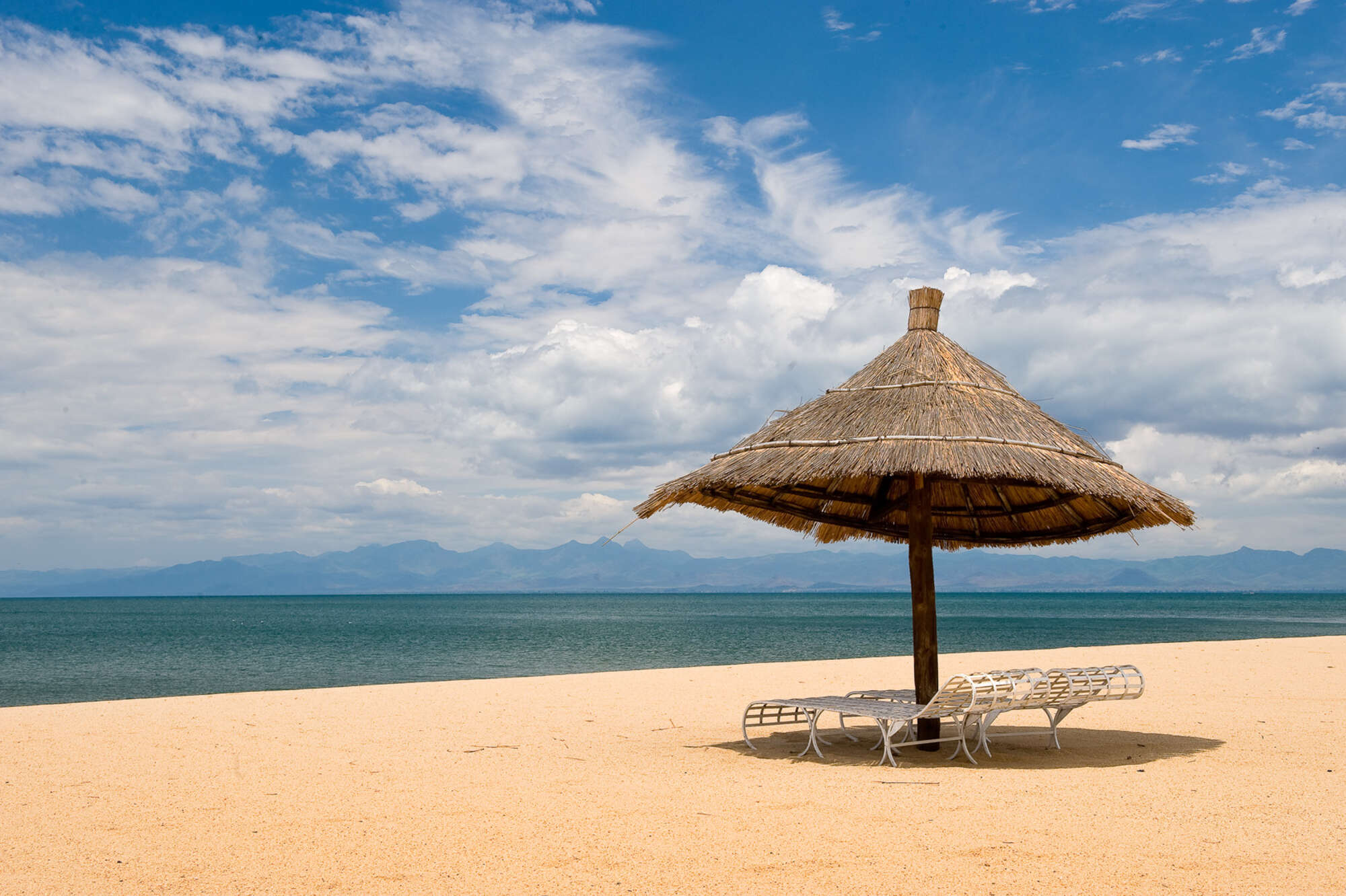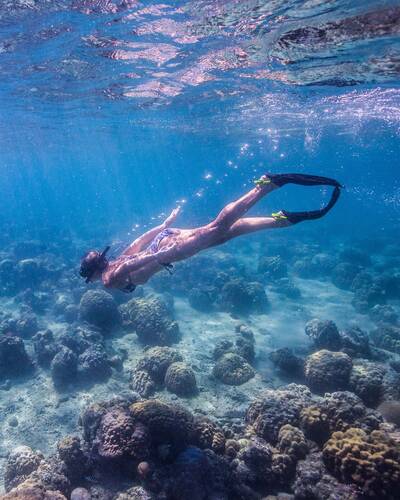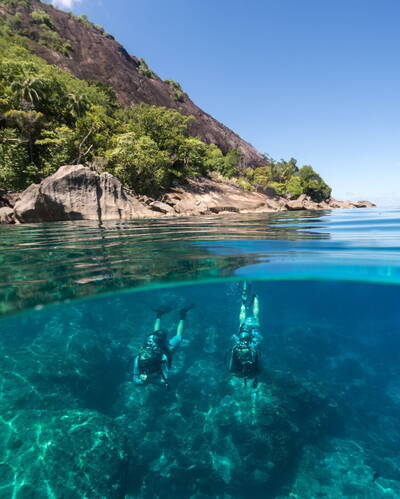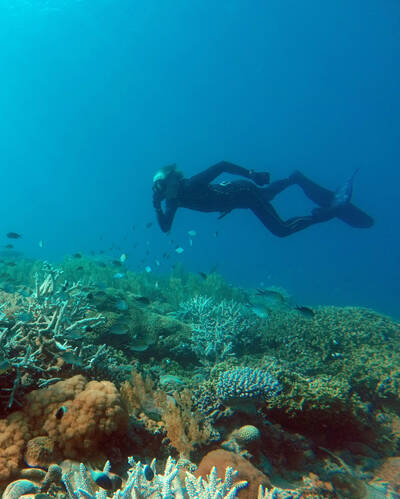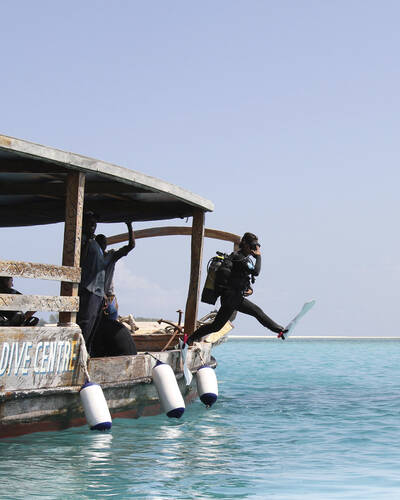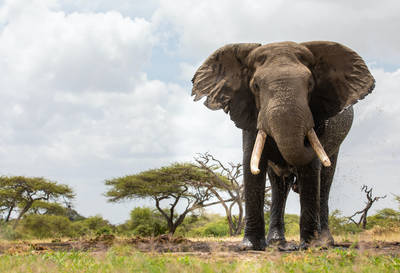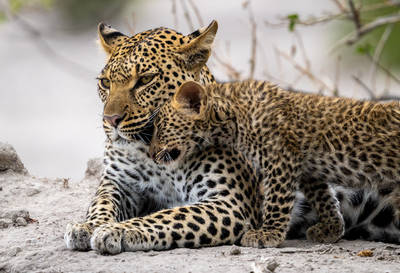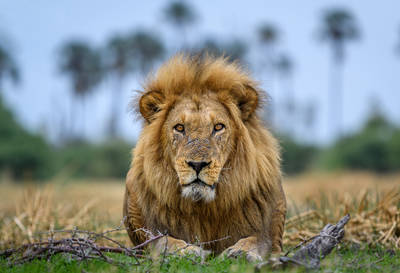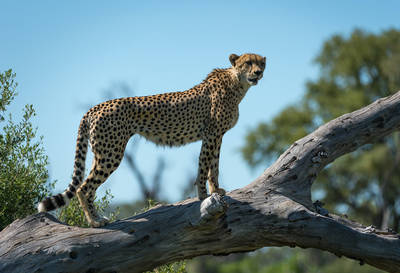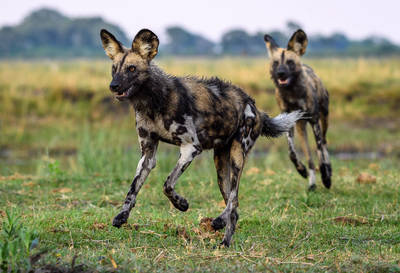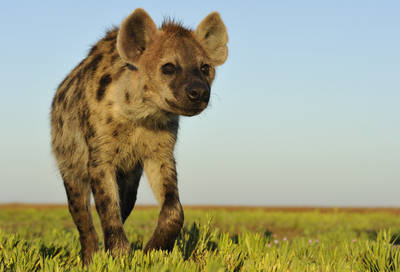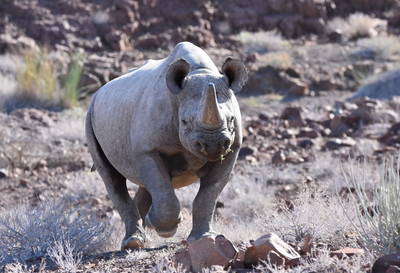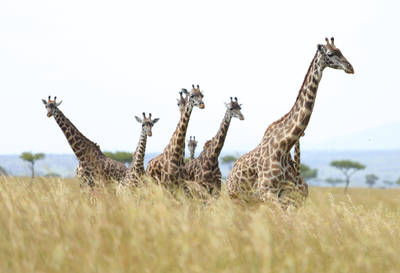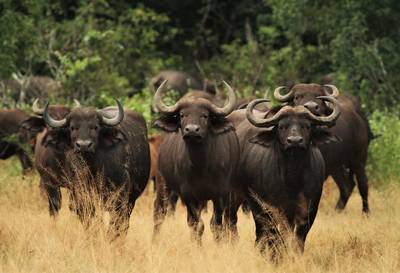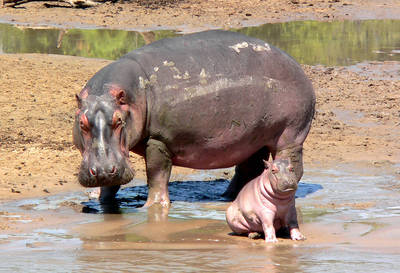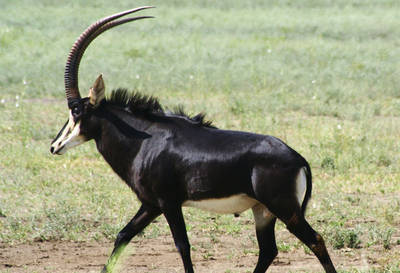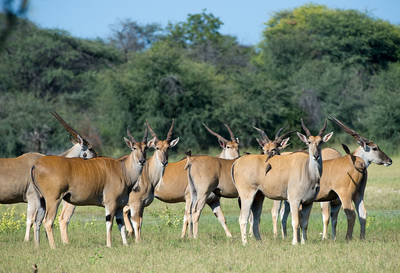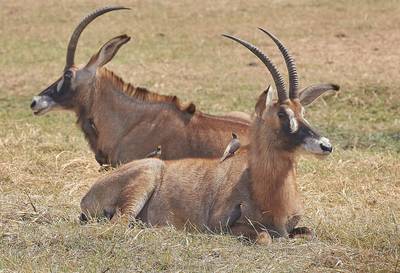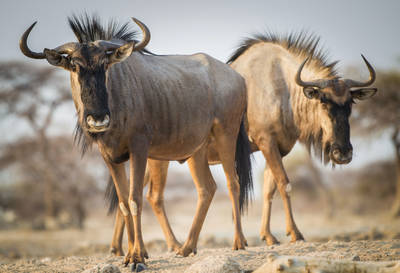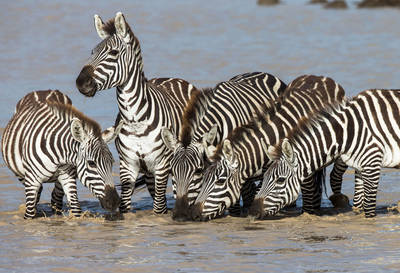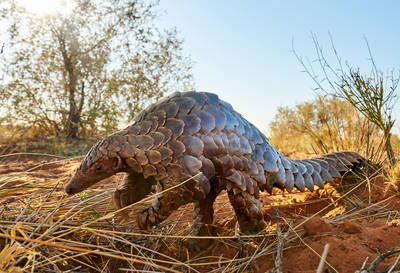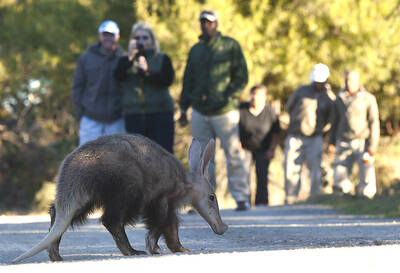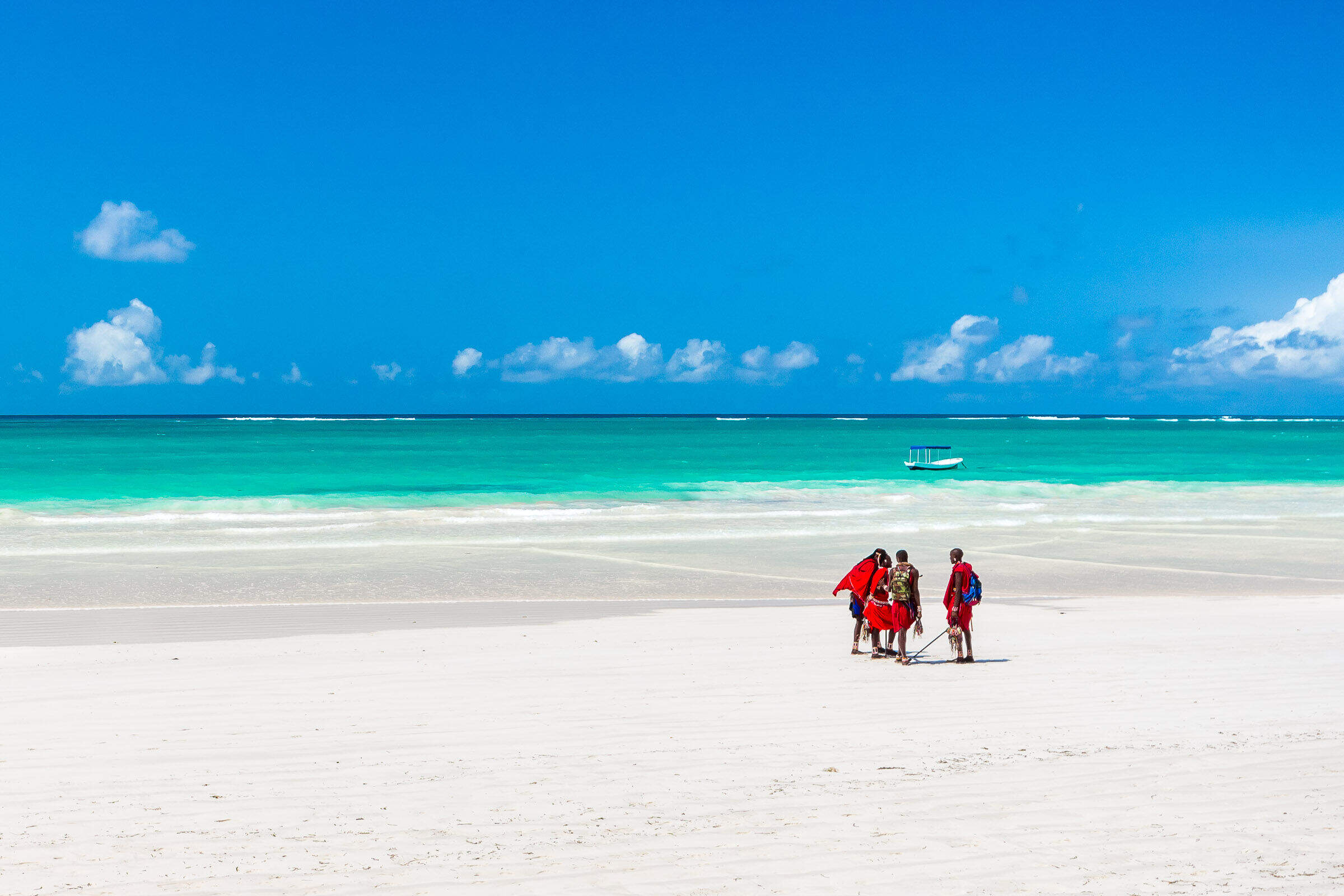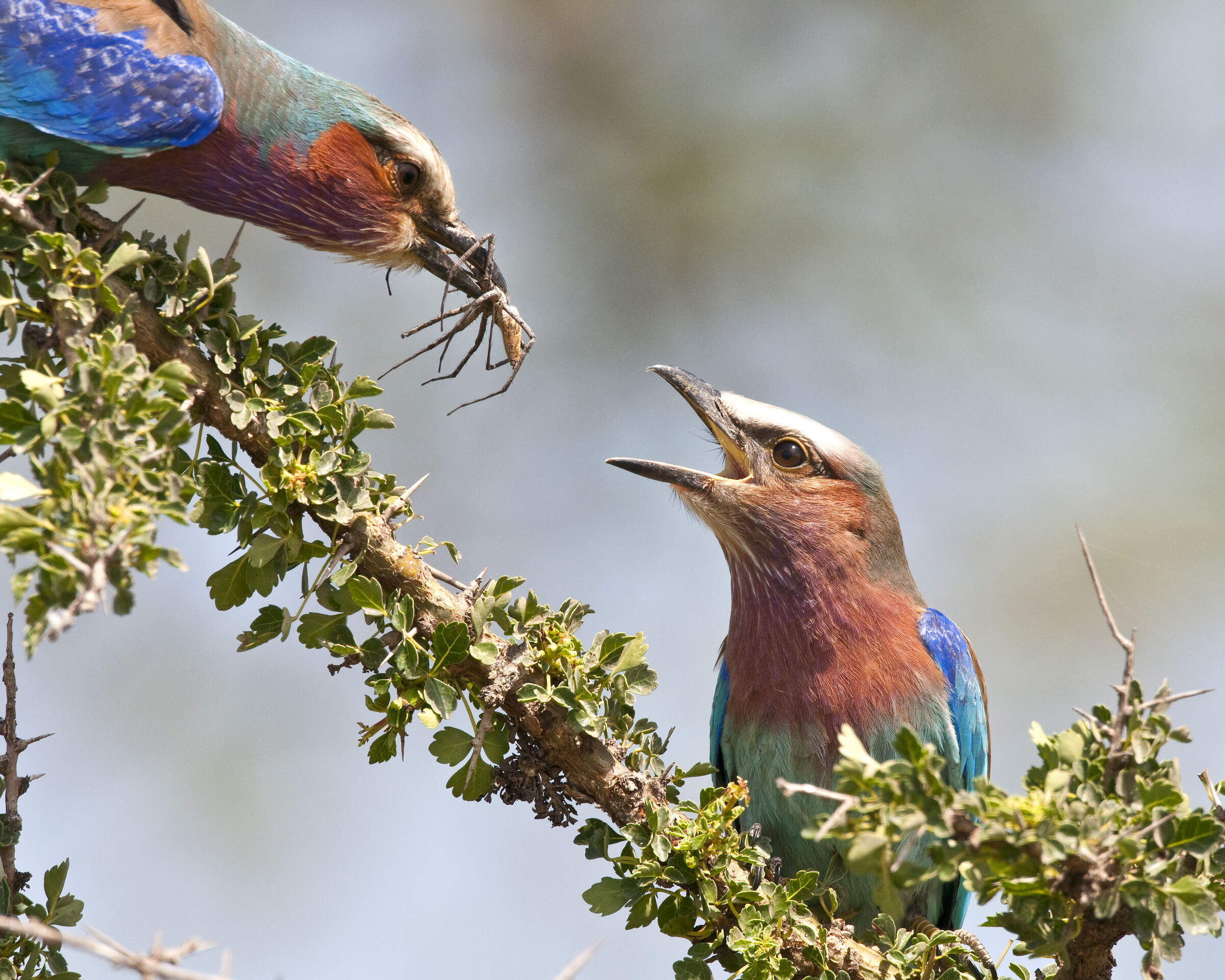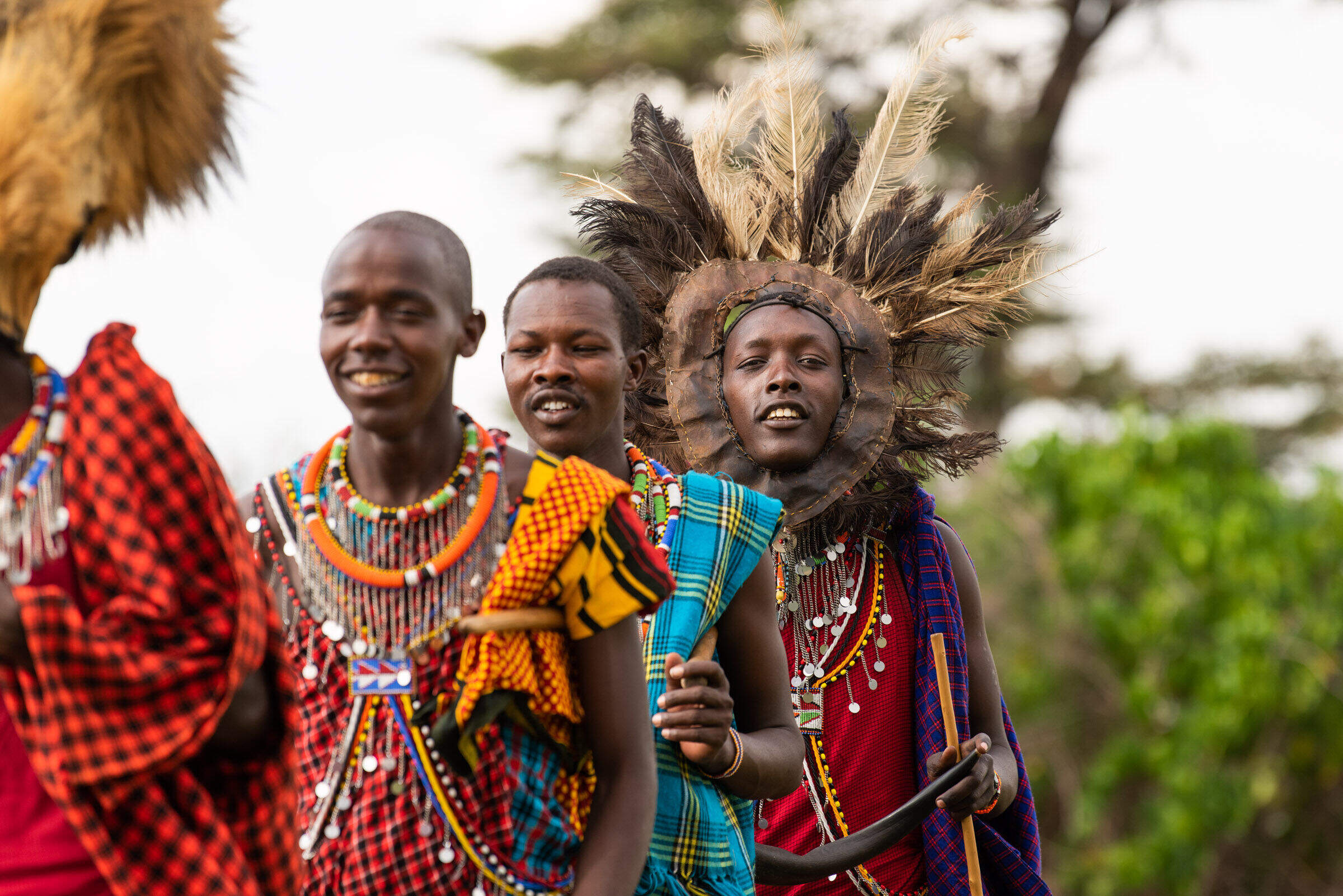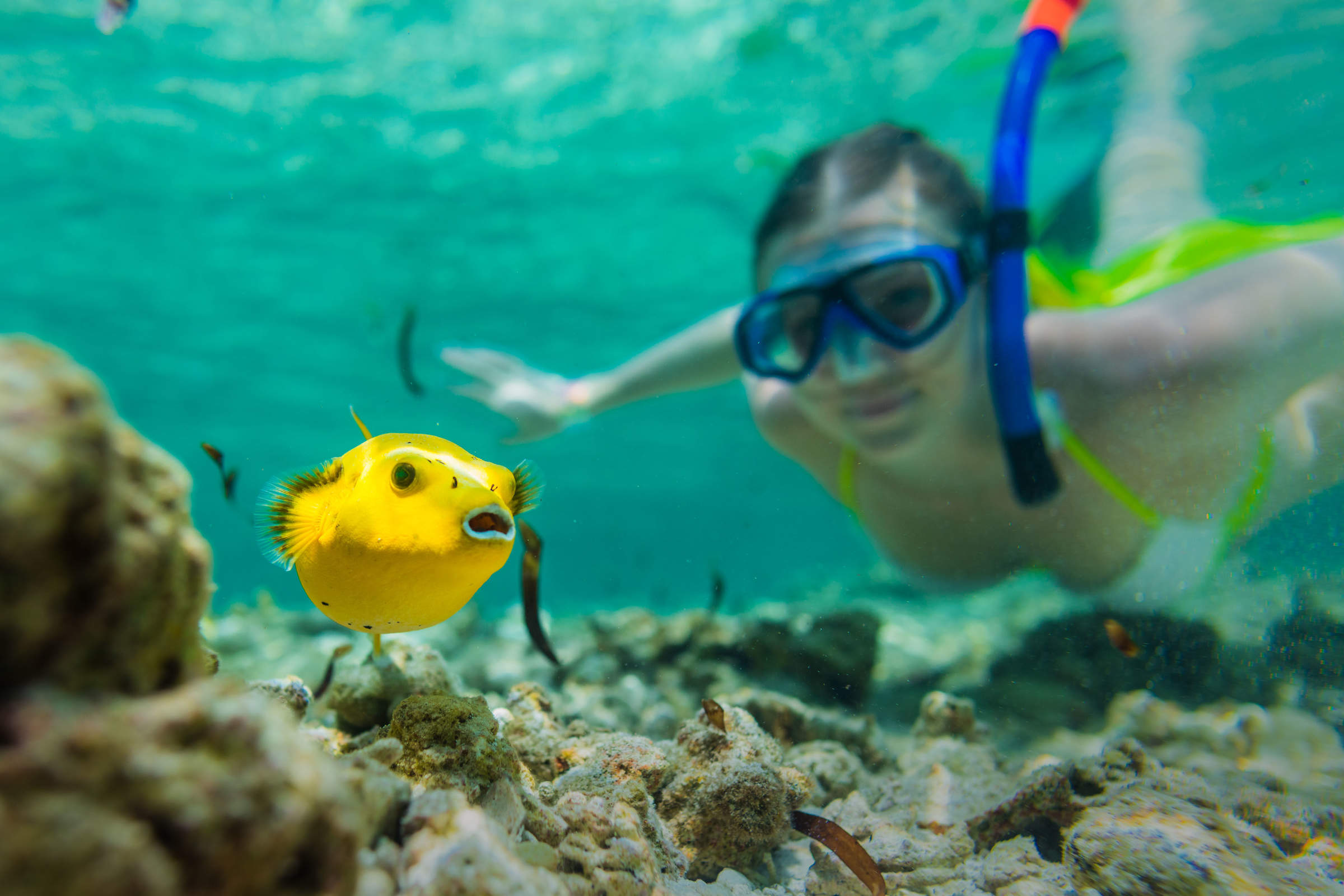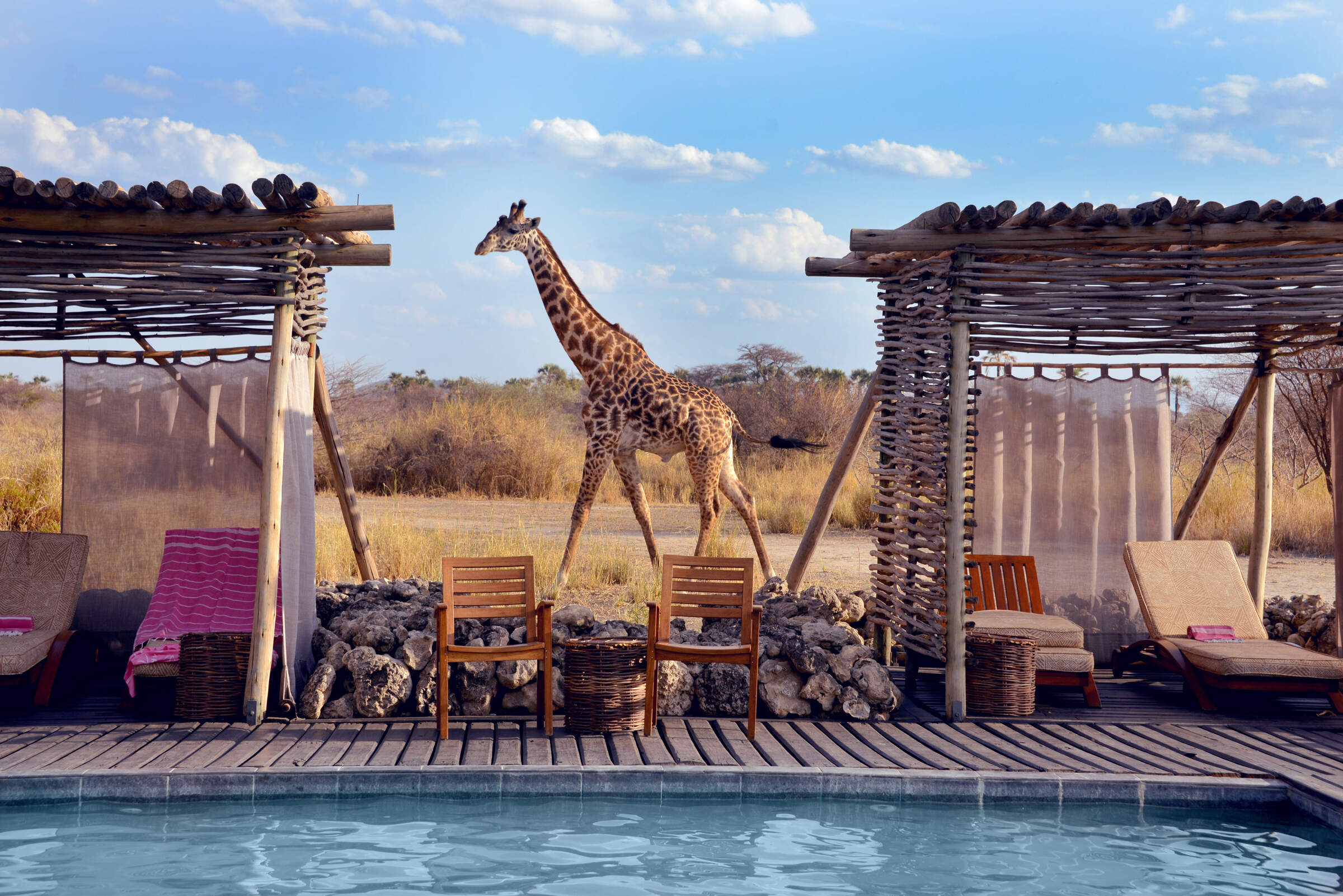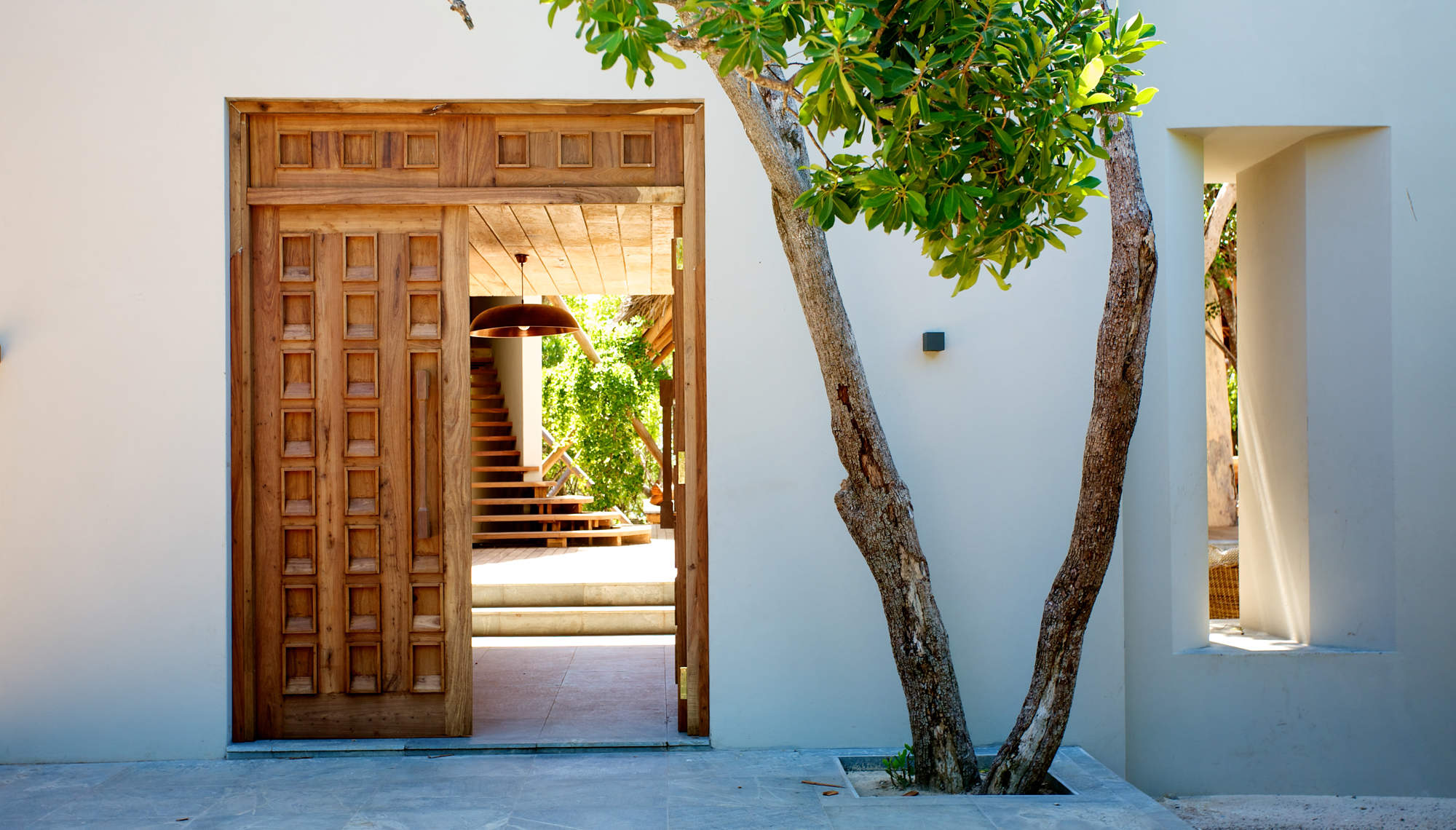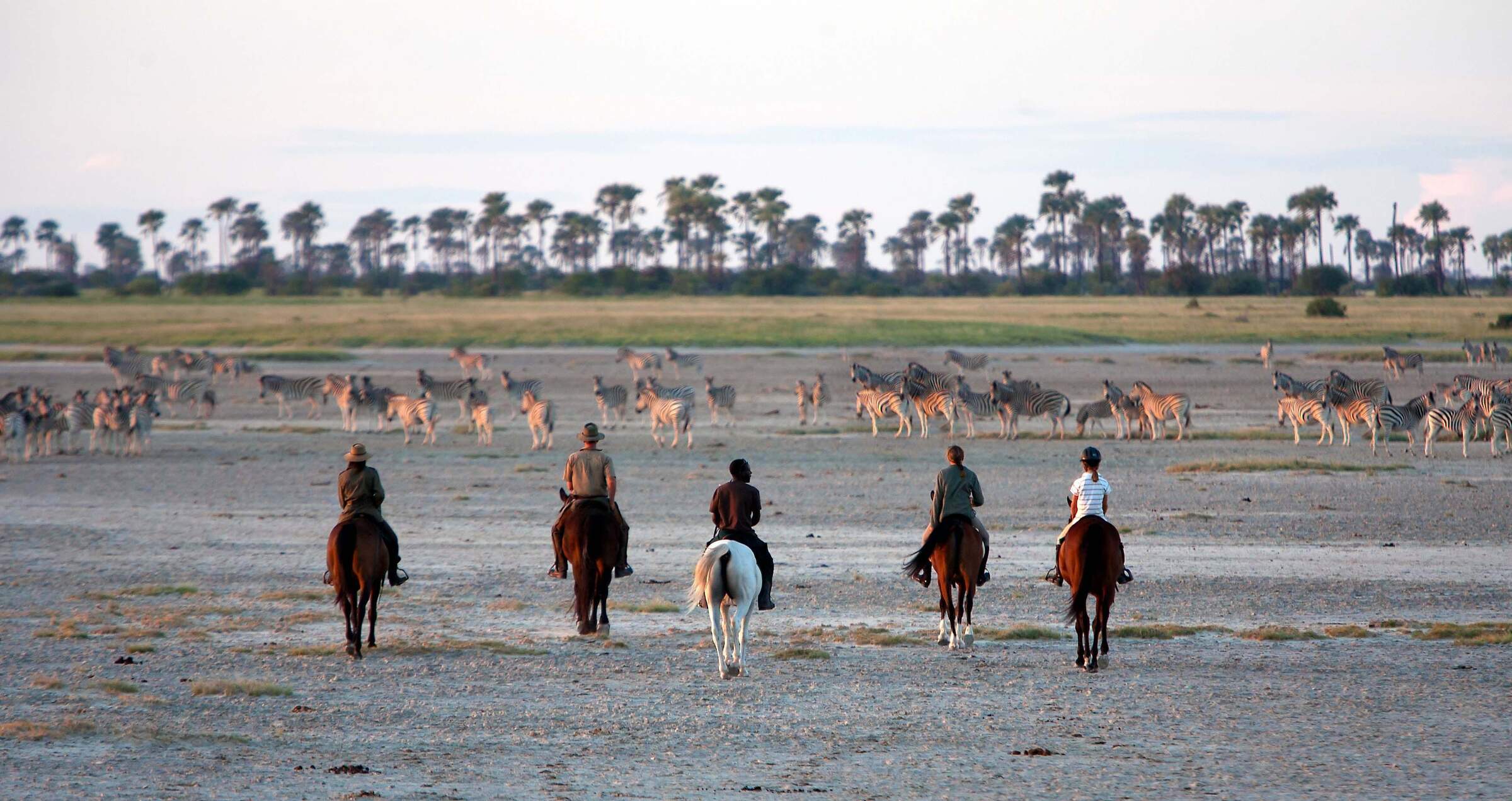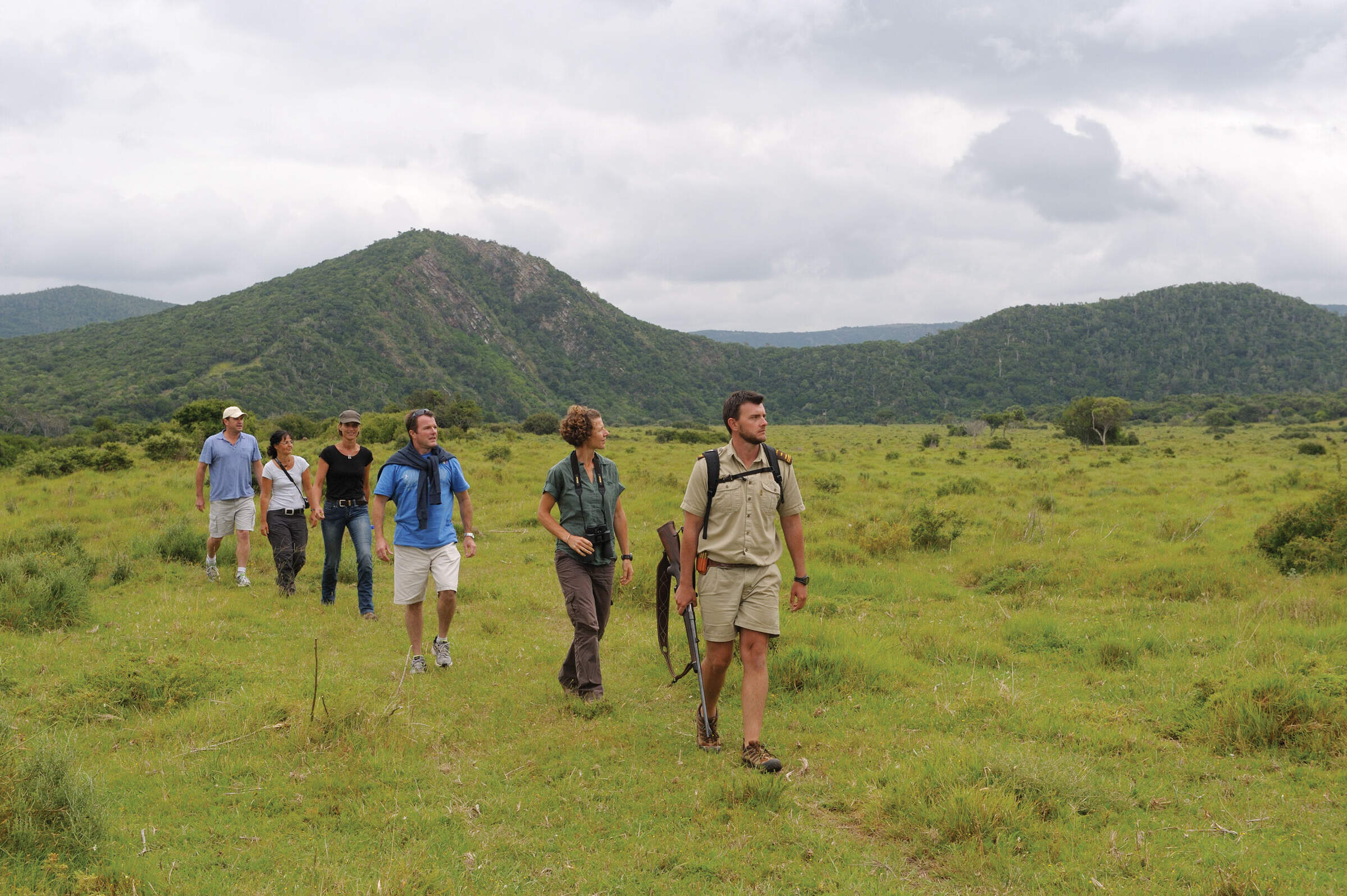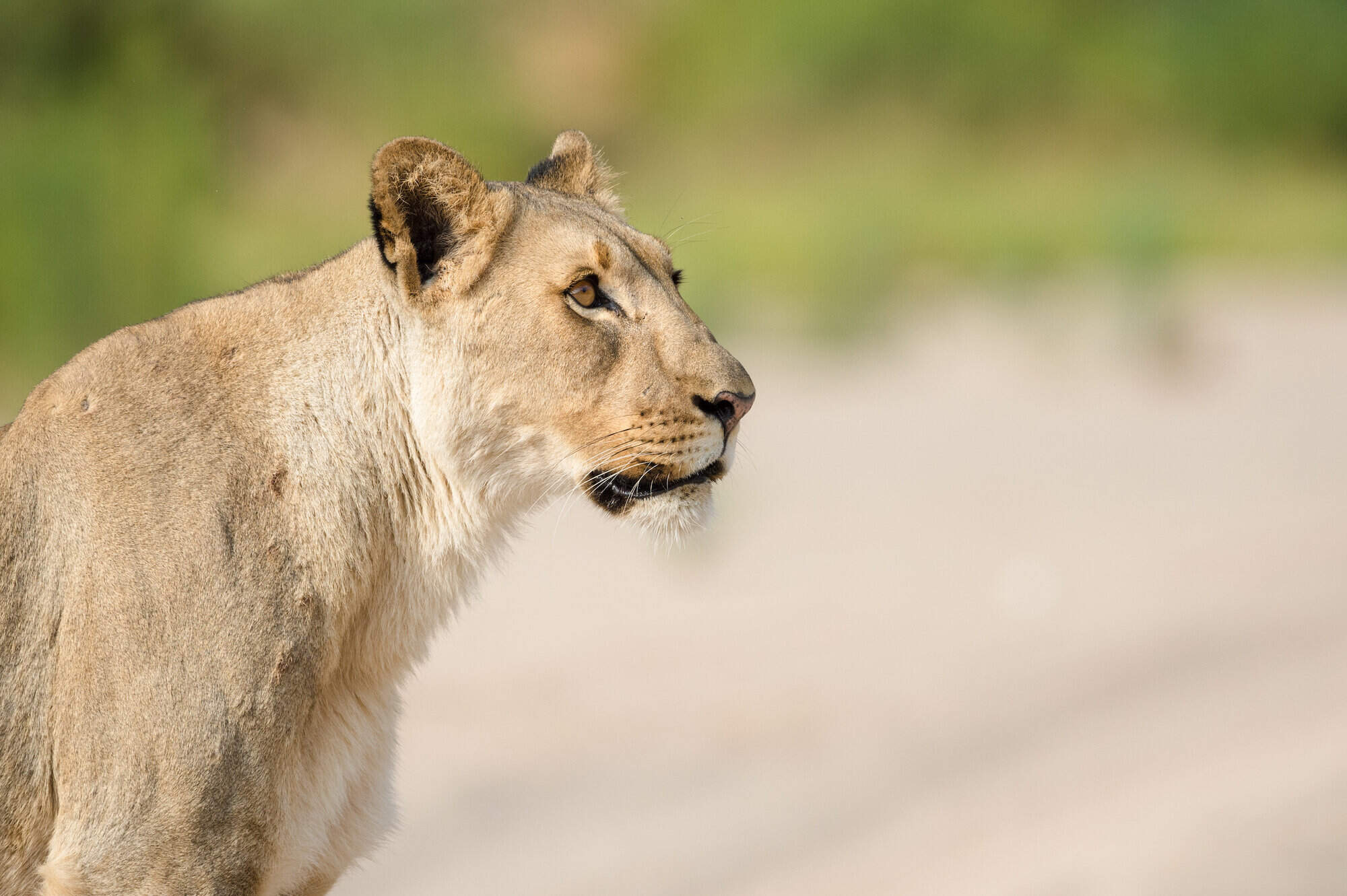Amazing diving & snorkelling in Malawi
Lake Malawi belongs to the African Great Lakes and is the southernmost lake in the Great Rift Valley system of East Africa. It's the second deepest lake and the third largest lake in Africa - located between Malawi, Mozambique, and Tanzania - so there's plenty of space for diving and snorkelling!
Lake Malawi probably hosts the largest number of fish species of any lake in Africa. Most of these endemic fish belong to the cichlidae family and are known locally as nbuma. These are often small and brightly coloured - and so are very attractive as pets for aquarists, as well as for travellers who are diving and snorkelling in Malawi.
Lake Malawi offers many types of habitat and often these niches are filled with individual species of specially-adapted fish. About 30% of the lake is rocky. Due to the water's high alkalinity, there are few plants and relatively little organic material. This means that there's often very good visibility above the sandy and rocky bottom of the lake, so it's often possible to see fish clearly in all of their beauty.
Best camps & lodges for Diving & snorkelling in Malawi
Diving & snorkelling elsewhere in Africa
Our top ideas and inspiration for Diving & snorkelling in other countries.
Where to see wildlife species in Malawi
Maximise the chances of seeing your favourite animals based on traveller sightings reports from the field.

Looking for inspiration on where to travel next?
Visit our trip chooser to explore your options and find inspiration for your perfect African adventure
Inspire meOther styles of holiday in Malawi
Discover all that Malawi has to offer





